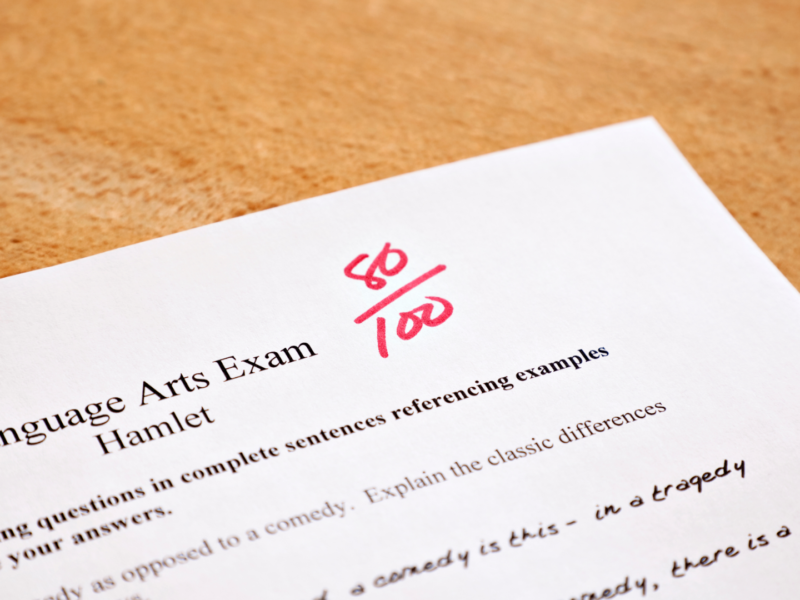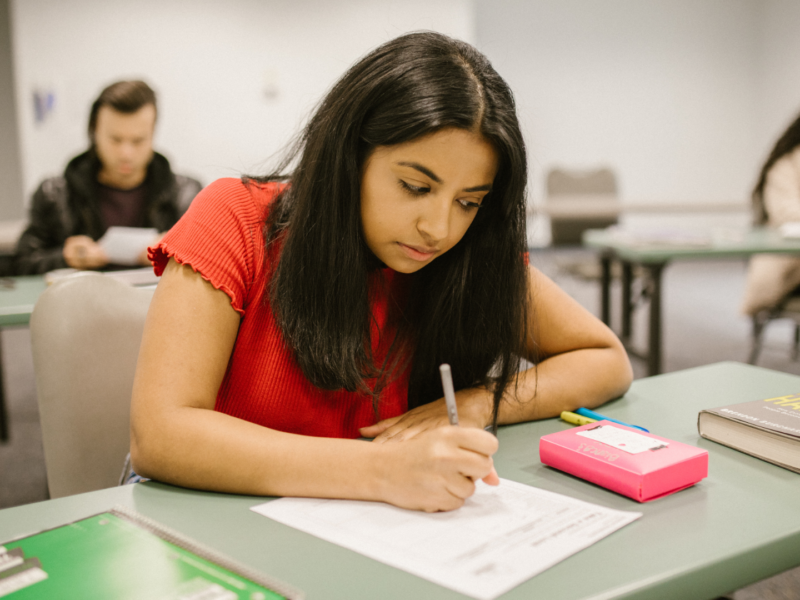Cerebrate Blog.
Explore strategies for skill development

The Link Between Self-Assessment and Student Performance: A Guide for Teachers
Posted In Behaviors
When students struggle with self-assessment, it can significantly impact their academic performance and overall learning experience. Self-monitoring is a critical component of executive function, enabling students to evaluate their work, understand grading systems, and identify errors. However, many high school students face executive function challenges that prevent them from effectively engaging in this process. Understanding […]

Encouraging Student Talk: Discussions for Self-Reflection in the Elementary Classroom
Posted In Discussion
Discussions for self-reflection are essential to building strong executive function skills in elementary students. When teachers incorporate executive function instruction into their daily routines, students learn how to assess their actions, monitor their progress, and develop self-regulation strategies that improve their academic performance. By fostering discussions for self-reflection, educators create opportunities for students to engage […]

Self-Reflection: Strengthening Self-Monitoring Skills in Middle School Students
Posted In Writing
Self-reflection is a powerful tool in executive function instruction, helping students develop essential self-monitoring skills. By guiding students to evaluate their own behaviors, thoughts, and academic progress, educators empower them to take ownership of their learning. Self-monitoring is a key executive function skill that enables students to recognize their strengths, identify areas for improvement, and […]

Self-Awareness Reflection: Journal Prompts to Teach Self-Monitoring in Elementary School
Posted In Writing
Developing self-awareness reflection in students is a key component of executive function instruction. By teaching executive function skills such as self-monitoring, students can evaluate their actions, regulate their behavior, and set themselves up for academic success. Elementary school teachers can incorporate self-monitoring activities into daily routines to improve students’ academic performance, boost confidence, and foster […]

